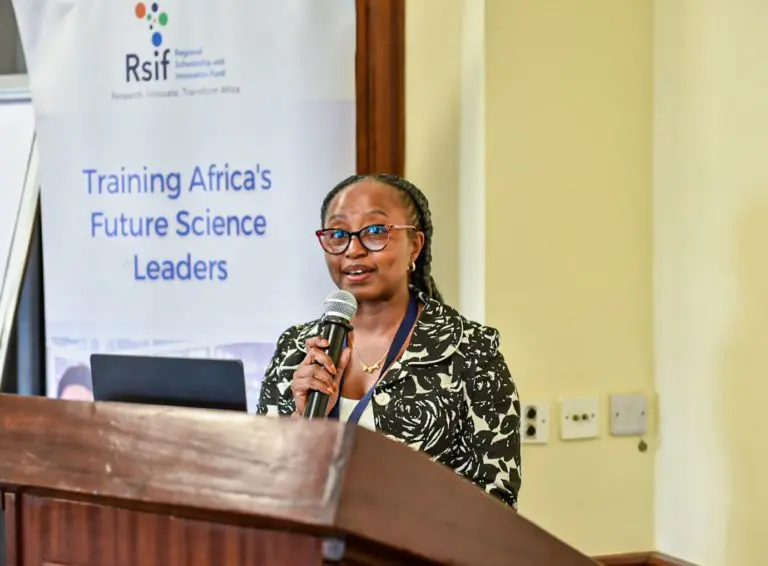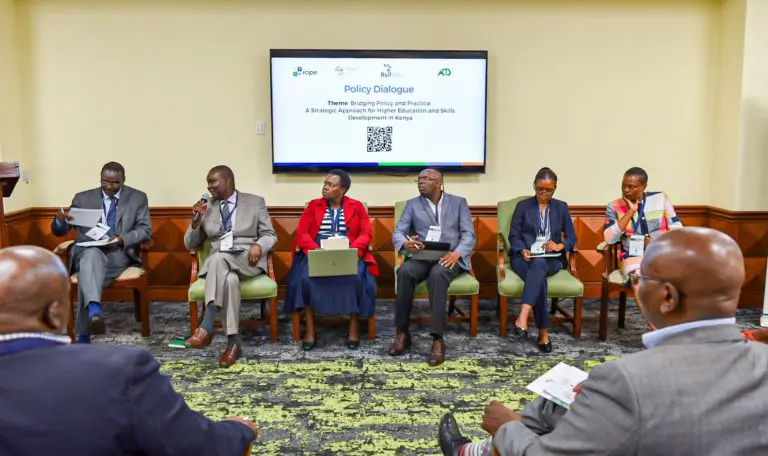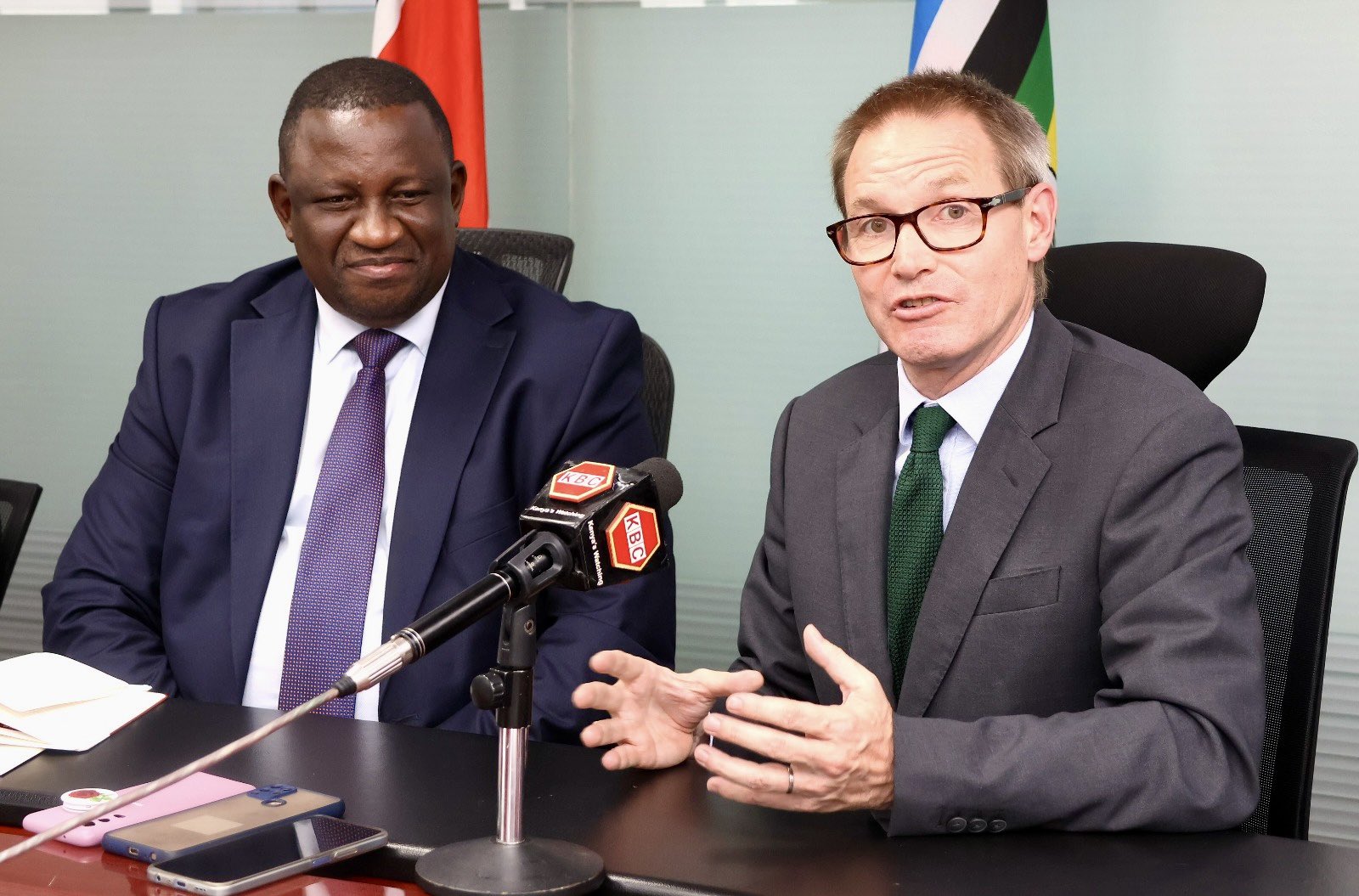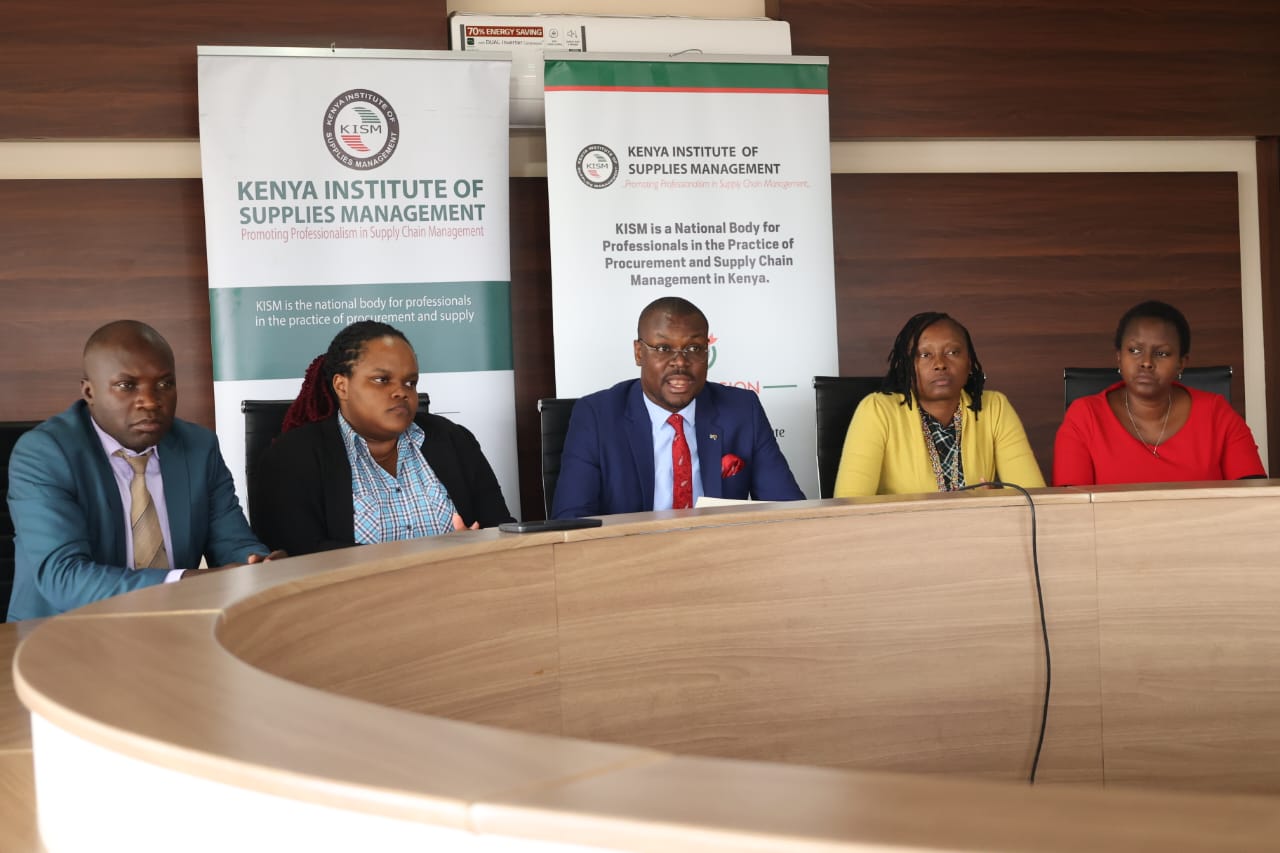By Eddah Waithaka
Kenya is taking bold steps to build a knowledge-driven economy by strengthening doctoral training and research.
Stakeholders from government, academia, and industry gathered at the Great Rift Valley Lodge in Naivasha for a high-level policy dialogue on doctoral education, organized by the International Centre for Insect Physiology and Ecology (icipe), the PASET Regional Scholarship and Innovation Fund (Rsif), and the African Centre for Technology Studies (ACTS).
The meeting, which drew about 50 experts, focused on aligning PhD programs with national development goals, including Kenya’s Vision 2030 and the African Union’s Agenda 2063.
The discussions built on a multi-country study by ACTS, funded by the Carnegie Corporation of New York, which analyzed doctoral training in Kenya, Rwanda, and Ethiopia.
Kenya’s PhD Shortfall
Though Kenya’s higher education sector has expanded with the number of licensed universities reaching 80 and university enrollment soaring to over 600,000 students by 2025, only 1.2 per cent of these students are enrolled in PhD programmes, a clear indicator of the structural imbalance in the talent pipeline.
“This dialogue is more than a policy discussion, it is a commitment,” Dr. Everlyn Nguku, Head of Capacity Building and Institutional Development at icipe, pointed out in her opening address while urging for a commitment to building the intellectual infrastructure that will power Kenya’s next chapter.

Dr. Nguku stated, “By advancing high-quality doctoral education and fostering African-led research, Rsif plays a key role in promoting inclusive development, scientific excellence, and long-term capacity building across the continent.” She added that, “icipe’s work addresses pressing global challenges by generating cutting-edge, insect-based solutions.”
“icipe is widely recognized as a Centre of Excellence and through its integrated platforms and partnerships, it continues to shape evidence-based policies, drive bioeconomy development, and empower the next generation of African scientific leaders,” she mentioned.
Dr. Alice Lutomiah of ACTS highlighted critical challenges, including high dropout rates.
Read More On : https://africawatchnews.co.ke/african-governments-urged-to-boost-training-for-applied-science-and-engineering/
“Fifty percent of PhD students either drop out or take too long to complete their degrees,” she said. “Funding shortages, mental health struggles, work-life balance, and supervisor issues are major barriers.”
The dialogue highlighted several urgent areas for improvement in Kenya’s research and development landscape, including the low investment in R&D, with the country spending only 0.8% of GDP well below the African Union’s target of 1.5%.
Additionally, many universities prioritize teaching over innovative research, contributing to a skills mismatch where over 40% of employers report that graduates lack the necessary expertise.
The conversation also addressed the gender gap, noting that only 34% of PhD students are women, and emphasized the need for better career pathways, as there are limited options for PhD holders outside of academia.
Participants agreed that PhD programs must shift from theoretical work to solving real-world problems. “We need research that drives innovation, not just academic exercises,” said Dr. Judith Muthaka, an education policy expert.
The forum concluded with a clear call to action: Kenya must treat knowledge as a strategic asset to compete globally by expanding PhD training to produce more scientists, educators, and leaders, boosting university research to enhance global relevance, and strengthening postdoctoral programs to retain top talent.
With 75% of Kenya’s population under 35, the potential for growth is immense. As Dr. Muthaka stated, “Transforming higher education is no longer optional, it’s a national imperative.”
Now, the focus shifts from dialogue to action. Kenya’s knowledge economy is ready for takeoff.
Read More Stories At: https://africawatchnews.co.ke/







